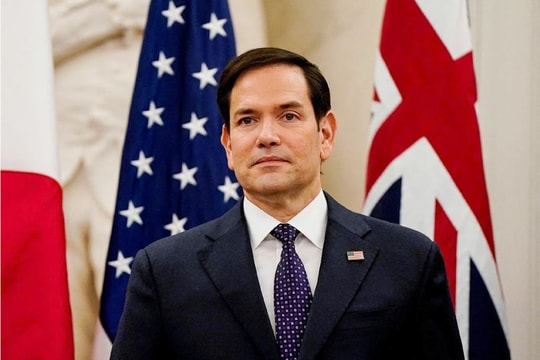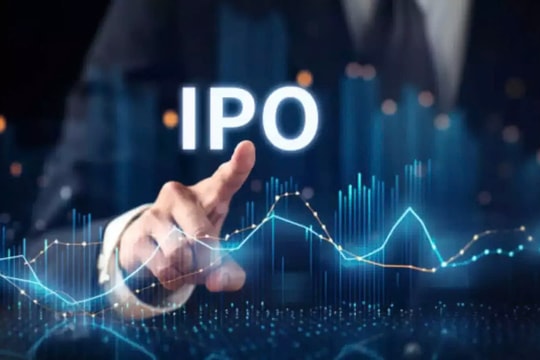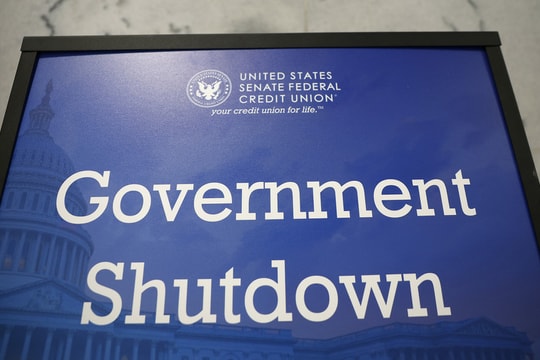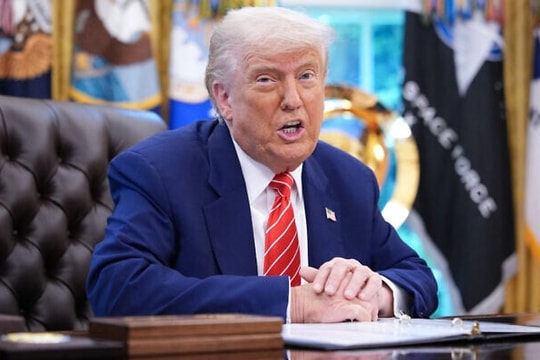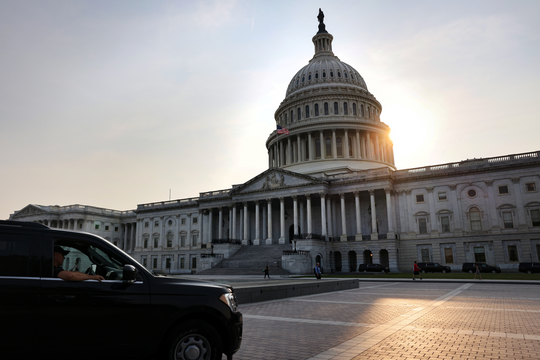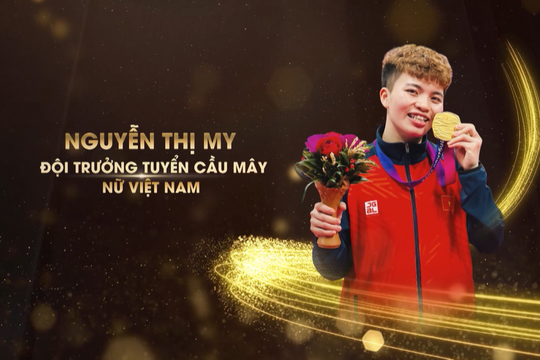Trump 'entrenched' in crisis
Two weeks after the death of George Floyd, Trump has yet to meet with the black community or travel to Minneapolis, where the crisis erupted.
US presidents often visit the site of a national crisis, to listen to people affected by the event that has captured the nation's attention and to call for national unity.
But it was President Donald Trump who expressed sympathy from behind the heavily fortified gates of the White House, and mentioned the name of George Floyd, the black man whose death by police led to a wave of outrage, at an event focused on jobs.
As people across the country took to the streets to protest racism and police violence, Trump walked to a church for a photo op after police used tear gas to disperse peaceful protesters near the White House.
He also held a discussion with representatives of national law enforcement agencies, a police chief and two Republican judicial leaders, to hear their side of the issue. However, according to commentator Maegan Vazquez ofCNNTrump's "fortress-style" efforts to resolve the crisis have only drawn more criticism and sown division.
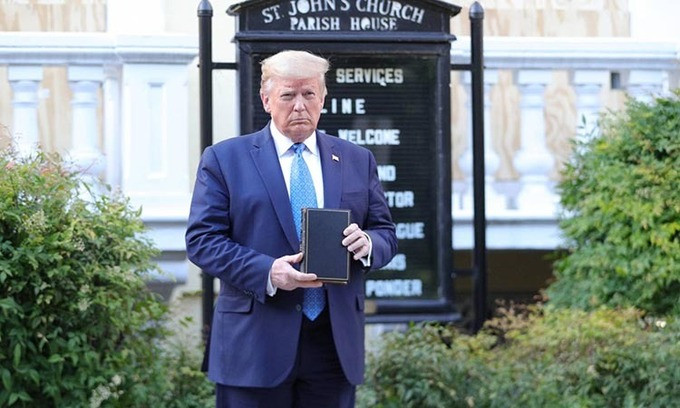 |
| US President Donald Trump takes a photo in front of St. John's Church near the White House on June 1. Photo: Reuters. |
Meanwhile, US Vice President Mike Pence has held a series of meetings with members of the African-American community. However, those events have so far not included Floyd's family, Black Lives Matter organizers, or local civil rights activists.
Instead, Pence's carefully orchestrated meetings were limited to in and around Washington, with guests being conservatives of color, religious leaders and community leaders in the Washington area.
Among the guests was Candace Owens, a political activist who criticized Floyd as "an example of a violent criminal his entire life, until the very end," adding that he was "not a good person" and should not be considered a martyr.
President Trump said he had spoken to Floyd's family by phone. However, Philonise Floyd, George Floyd's brother, said the conversation was "perfunctory" and one-sided.
"He didn't even give me a chance to speak. It was difficult. I tried to talk to him, but he was like pushing me away and not wanting to listen to what I had to say," Philonise Floyd said.
Vazquez said the White House’s belated attempt to call for national unity could come this week in the form of a presidential address. A senior official, speaking on condition of anonymity, said the administration was seriously considering a speech on national and racial unity.
In an interview with CNN on June 7, Housing and Urban Development Secretary Ben Carson, the only Black cabinet member in the Trump administration, also said that people "will hear some details on the issue from the President this week."
Since taking office, Trump has rarely had direct contact with those who disagree with him in the American public. However, in reality, there have always been people who disagree with the administration’s policies, and it is rare for a modern American president to have to face them in public. Every meeting, roundtable discussion, and event is carefully selected and carefully prepared by the White House staff.
Yet there have been times when US presidents have met with civil rights activists and leaders, or at least visited areas of mass protests where racial tensions have been at the root.
President John Kennedy met with civil rights leaders on the day Martin Luther King delivered his famous "I Have a Dream" speech. Former President George HW Bush was criticized for waiting five days to visit Los Angeles in 1992, after riots sparked by the acquittal of the police who brutally beat Rodney King, a black man.
Trump has also visited communities devastated by national tragedies, but some trips have been met with criticism and division, such as his visits to Dayton, Ohio, and El Paso, Texas, in August 2019 after two shootings in those cities.
Many politicians in the two cities did not welcome the President, while some victims of the El Paso shooting said they did not want to meet him.
In Dayton, protesters gathered outside the hospital and downtown during Trump's visit, holding signs and chanting slogans like "Do something," "Hate is not welcome here," and "Stop the terror."

